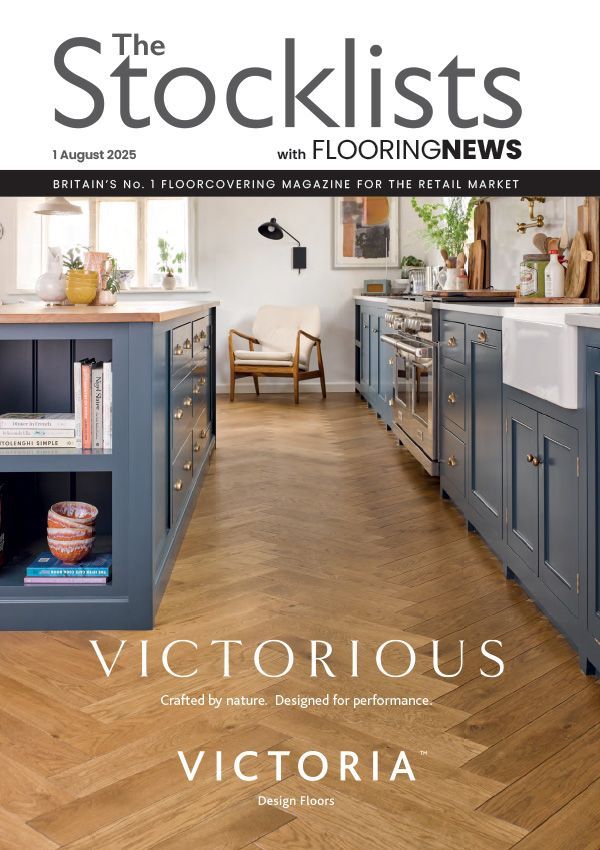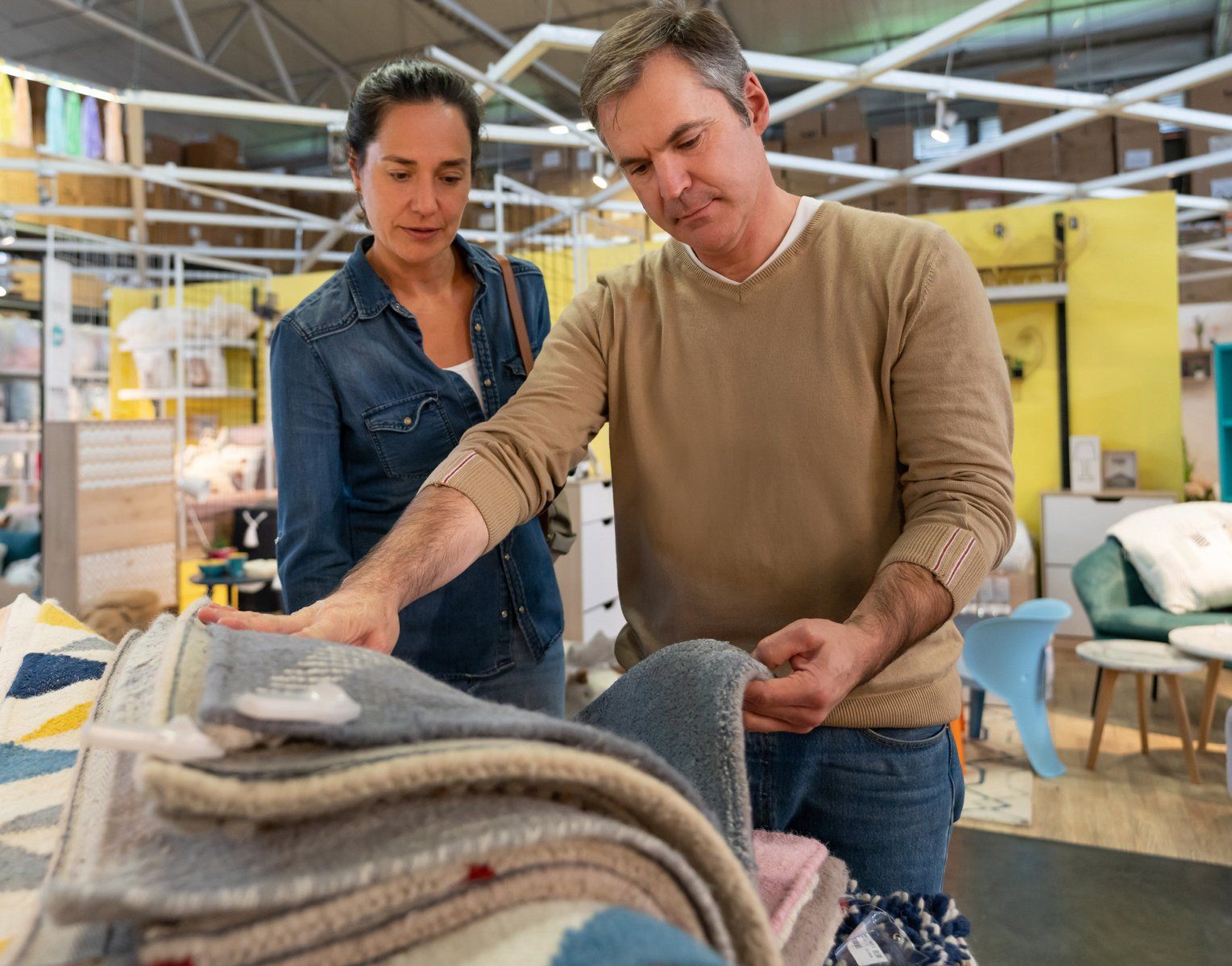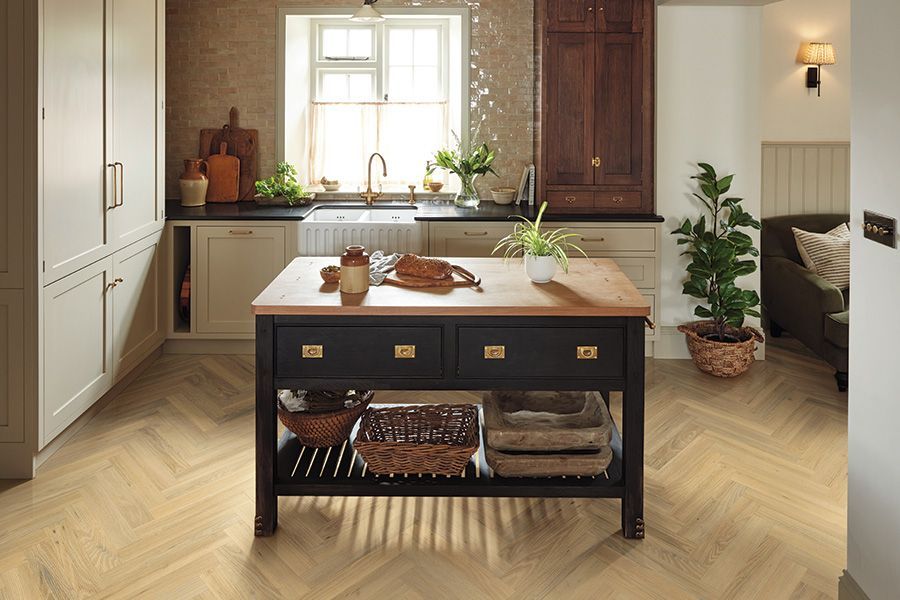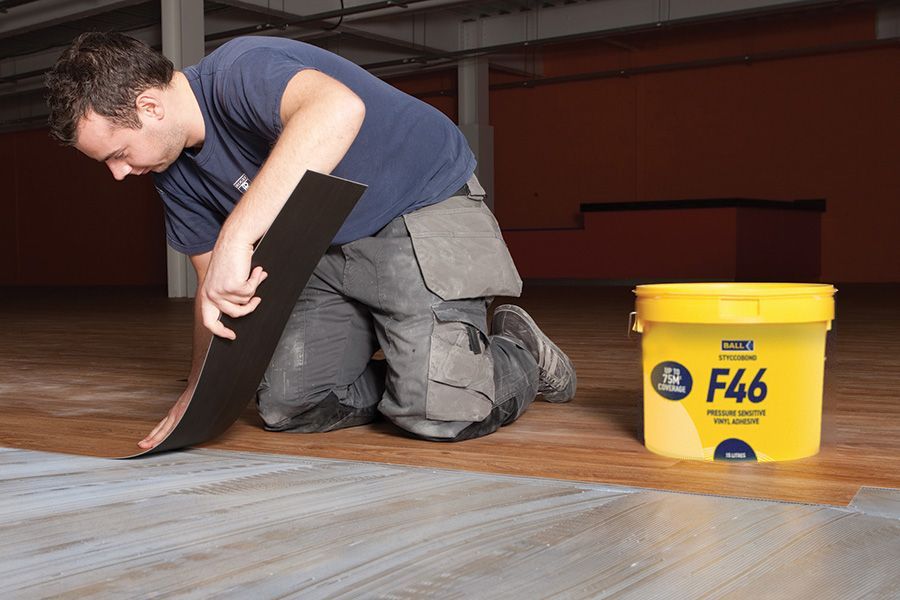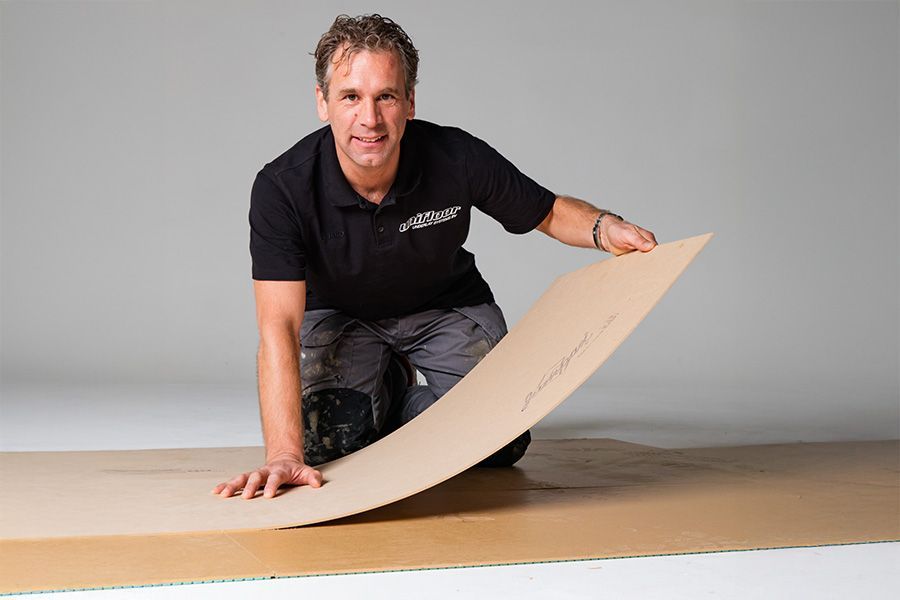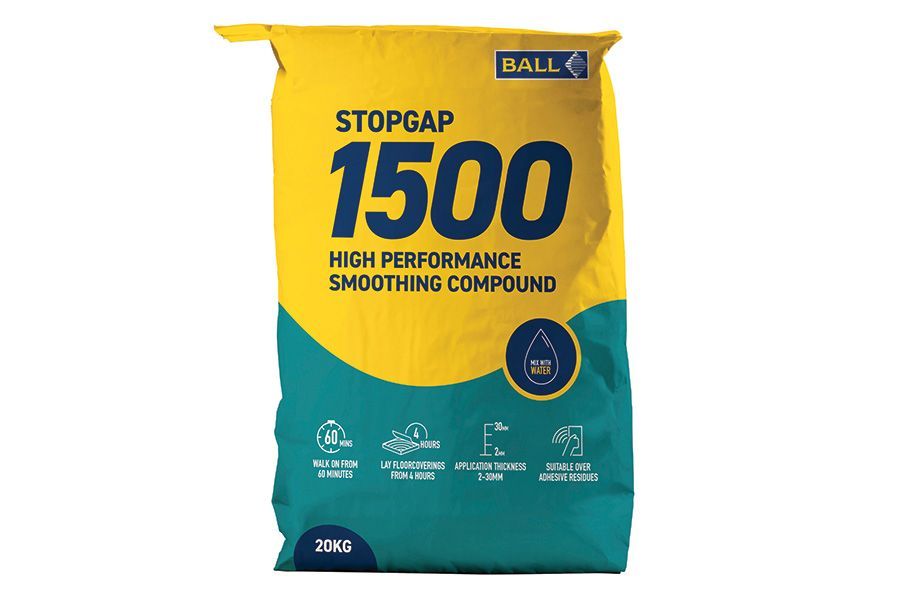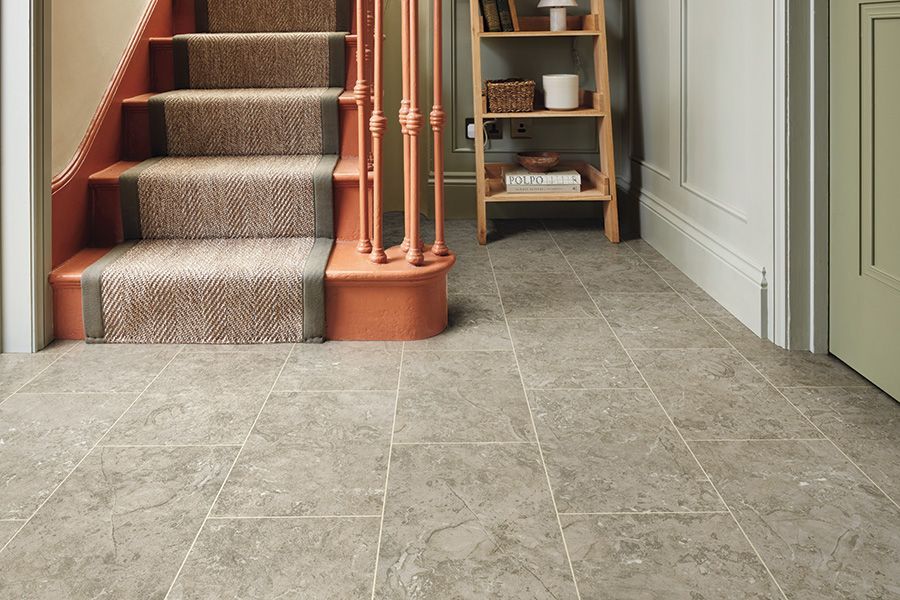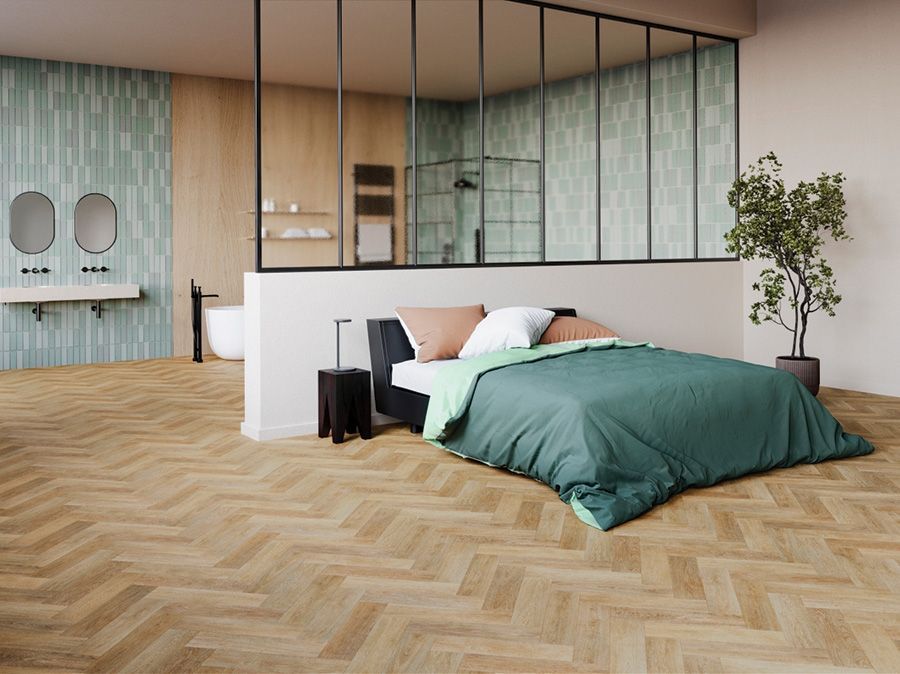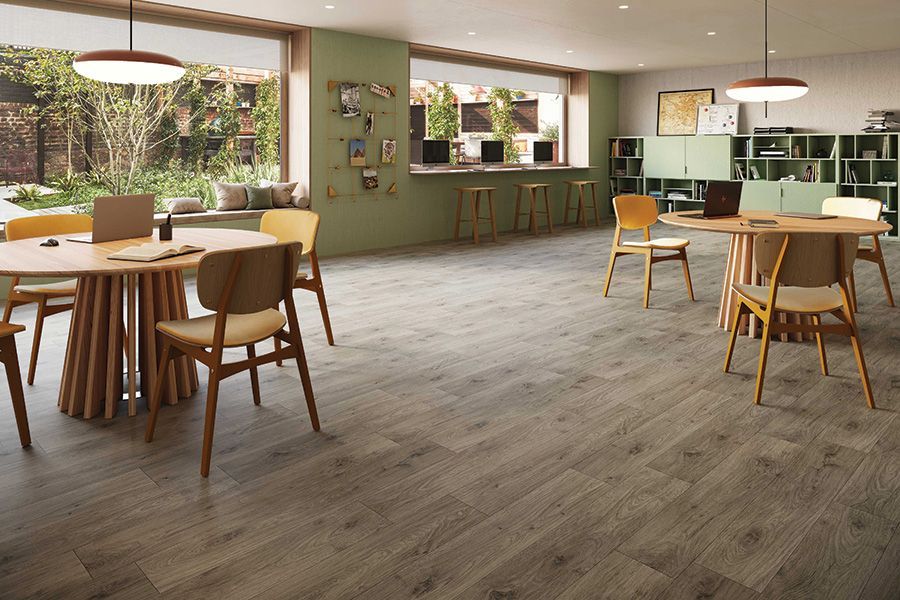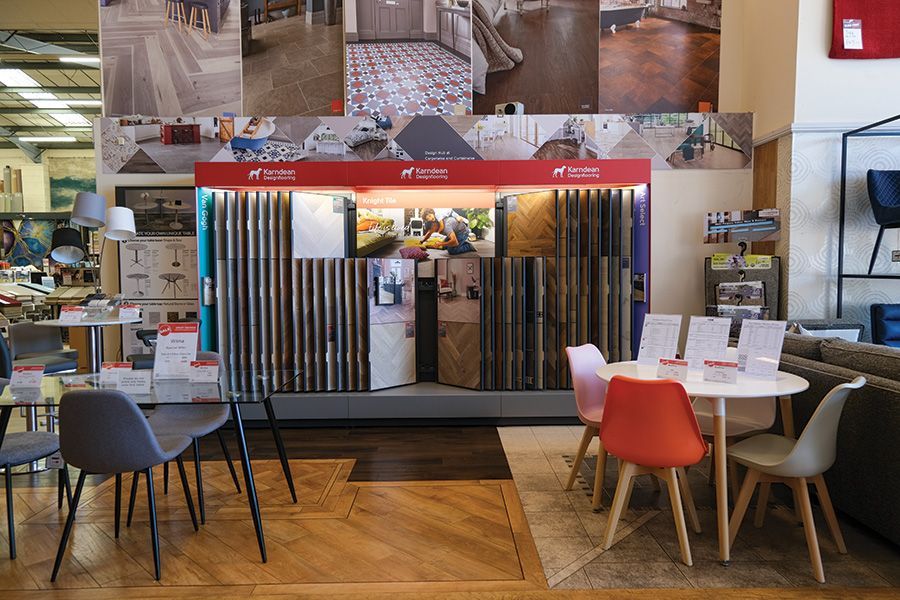July 1, 2025
When does a customer have the right to a refund, replacement or repair? This has long been an area of dispute, but the Consumer Rights Act 2015 simplified this and, although there are some exceptions, the general principles for orders placed in your store are: Late delivery: unless you have quoted a realistic lead time, the consumer can cancel the order and receive a refund if the goods are not delivered within 30 days (or within 30 days of the estimated lead time). If and when you become aware of any delays to a customer order, it’s best to advise them as soon as possible to minimise the risk of a cancellation. Incidentally, any repair work or replacements must also be expedited and carried out ‘without significant inconvenience’. Many retailers now have loan items to ensure they comply with this requirement and although this may seem expensive, it’s cheaper than having to issue refunds. Faulty goods: The customer has the right to reject faulty goods within 30 days of delivery. What is a fault? There is no legal definition, other than the need for them to be of satisfactory quality, fit for purpose, and corresponding to the description/sample. The Act says the goods must be free from minor defects, but what does that mean? I drew up a definition some years ago which has been helpful to many people I have advised: A defect is something inherent in a product that adversely affects, or may come to affect, the appearance, suitability or performance of that product now or during its reasonable expected lifespan. It’s worth noting that installation is not a separate service unless the customer has arranged their own, so if the installation is not satisfactory the customer can reject the goods. Who is the judge of this? Within the first six months, the burden of proof lies with the seller – so we as retailers must prove the goods are not faulty if we are going to reject a complaint. After six months, the burden of proof changes and the customer has to prove the goods are faulty, perhaps by way of an independent expert’s report. But, rejecting goods is one thing, what rights does the customer have? If the fault is brought to the sellers attention within 30 days, the customer can choose between a refund, replacement or repair. We cannot insist that they accept what we want to offer, but most customers are reasonable and if we respond to complaints promptly, this will rarely need to be an issue. If we offer a refund, this must be paid within 14 days. After 30 days, the consumer loses the right to a refund. They can still choose between a repair or replacement (and we could still give a refund if we chose to), but they cannot insist on their money back. However, this is taken from the date of the complaint, and if there are delays, the clock has stopped ticking and the customer can still ask for a refund if the matter is not resolved. After 6 months, not only do the consumer’s rights reduce, but the value of any refund can be reduced from this point to reflect any usage the customer has had of the goods. This may be a proportion of the price reflecting how much of the guarantee period has been used up, or if there is no guarantee, most furniture and flooring would be expected to last for the statutory period of six years, so this could be the basis for any calculation. Of course, there is a ‘but’ – if during this period the customer has to wait for a repair or replacement, this must also be taken into account. The flowchart (shown on page 26) summarises this and may be helpful as you deal with particular complaints. However, the rules governing sales taken in a customer’s home or online are different and we’ll cover these in a future article. If you come across an issue you can’t resolve before then, please get in touch.

